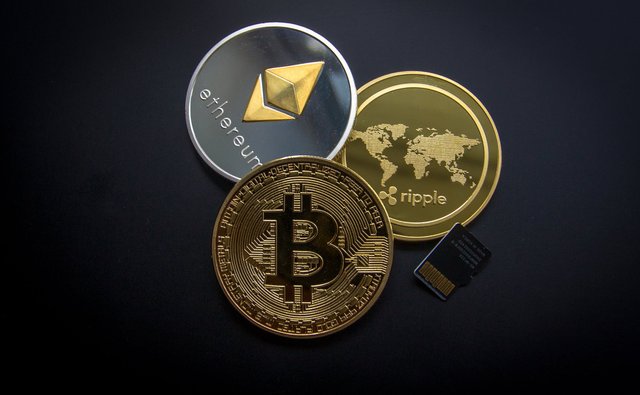Decentralized Finance (defi)
Assalamu Alaikum
Decentralized finance, or defi for short, is a financial system based on blockchain technology that operates without relying on a central bank, brokerage firm, or financial institution. Unlike the traditional banking system, defi provides financial transactions and services through code and smart contracts, making it transparent, open, and accessible to everyone.
defi is a system where users can directly conduct financial transactions in a peer-to-peer (p2p) manner. Its core is smart contracts. These smart contracts are designed in such a way that they are automatically executed when a condition is met. For example, a user can borrow or lend money through smart contracts, without the need for an intermediary.
Decentralization : DeFi is not controlled by a single authority. It is operated through a blockchain network, which makes it censorship-free and secure.
Transparency : All transactions are recorded on the blockchain, which is open and verifiable to everyone. This ensures trust and transparency in financial activities.
Access for all : Unlike the traditional banking system, DeFi does not require a bank account or ID to participate. Anyone with an internet connection can join.
The key difference between traditional banking and DeFi is the type of regulation and the mechanism of operation.
Centralized control : In the traditional banking system, banks or financial institutions have complete control over transactions. They can seize funds, close accounts, or reject transactions. On the other hand, in DeFi, there is no central control; here users have complete control over their funds.
Transaction speed : International transactions by banks can take days to complete. In DeFi, transactions are completed quickly and almost instantly through the blockchain.
Cost : Traditional banking has high fees for services like international money transfers or loans. In DeFi, such fees are much lower because there is no middleman.
Trust : In traditional banking, we trust institutions. But in DeFi, we trust technology and code.
Future Impact : How will DeFi impact banking?
The power of DeFi can radically change traditional banking and it will have an impact on various areas in the future.
Loans and Investments : DeFi platforms can lend at lower interest rates and provide higher returns than traditional banks. This will create an alternative to the traditional lending system.
Cross-border transactions : International money transfers using DeFi platforms will be faster, cheaper and easier.
Financial Inclusion : DeFi will open up a new horizon of financial inclusion for the unbanked people of the world.
Evolution of Traditional Banks : The rise of DeFi will pressure traditional banks to make their services more efficient, affordable and customer-centric. In the future, banks may collaborate with DeFi platforms or launch their own blockchain-based services.
DeFi is still in its early stages of development and carries risks. However, it has laid the foundation for a new financial system that could challenge traditional banking in the future and lead us to a more open and decentralized financial world. Today's discussion concludes here. I hope you've found it interesting. Please share your thoughts on today's topic. Prayers for everyone. May everyone be well. Amen.


Twitter
https://x.com/BokhtiarMr90788/status/1969037695872581913?t=FAt98mUJRTnR0QNOsRgq8w&s=19
https://x.com/PussFi_FNDN/status/1969024313052266698?t=FAt98mUJRTnR0QNOsRgq8w&s=19
https://x.com/BokhtiarMr90788/status/1969038155878920553?t=-8IPTssUXokJbuPD1I6n6A&s=19
https://coinmarketcap.com/community/post/368449234
It is a great post of Decentralized Finance (defi) you have shared.